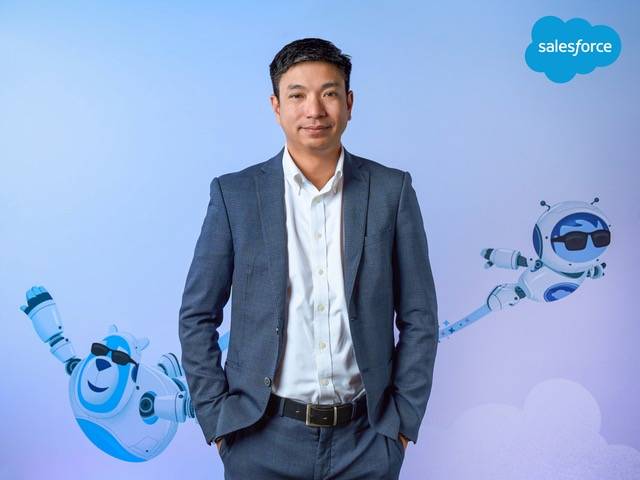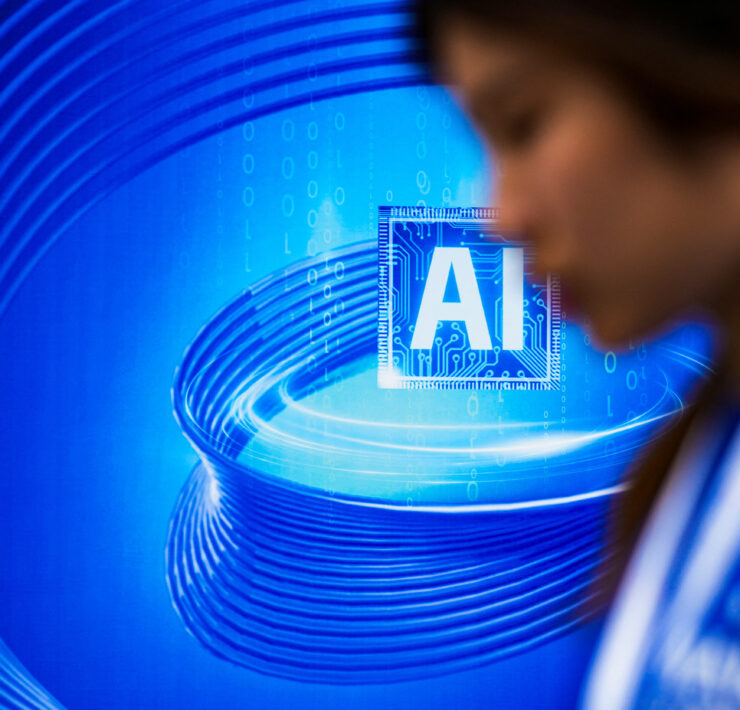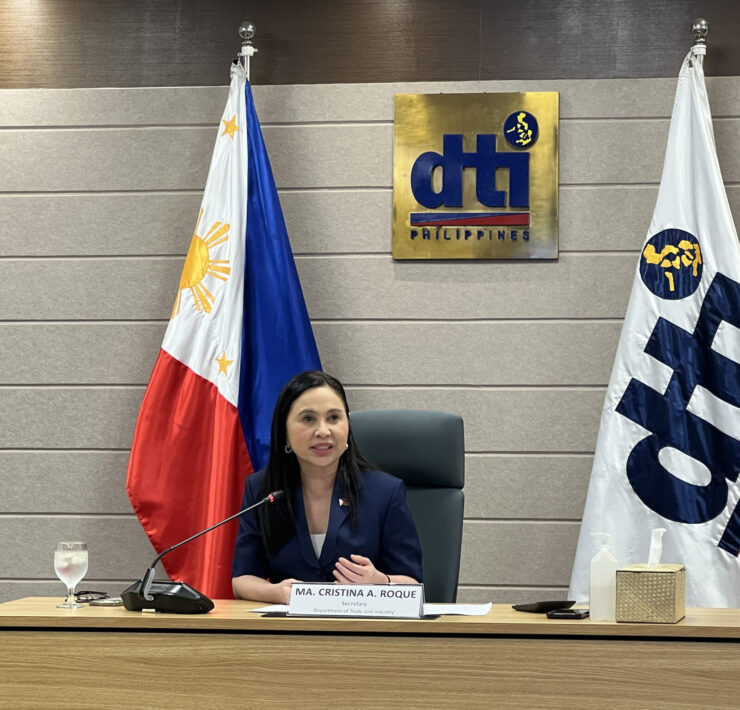How investments in reskilling, building trust can help PH firms navigate AI era

The rise of agentic artificial intelligence (AI)—systems that can perform tasks without human intervention—not only represents a transformative technological advancement but also reshapes the fundamentals by which businesses operate. Using AI agents, businesses around the world are unlocking a piece of a potential $6-trillion digital labor market opportunity.
The possibilities for enhanced productivity, revenue generation and cost savings for the Philippines are immense. Economic Planning Secretary Arsenio Balisacan noted last year that the country is poised to reap P2.6 trillion in economic benefits annually if businesses adopt AI.
Capturing the full potential, however, requires bridging the digital skills gap that has long been a major hurdle to AI adoption. Closing this gap becomes all the more crucial for the local workforce to match the pace at which technology is advancing, and for businesses to adopt more advanced solutions, like agentic AI.
Businesses that fail to adopt agentic AI risk disruption by competitors or savvy upstarts. In this new era of human-AI collaboration, strategic leadership efforts must center around two key pillars: large-scale employee reskilling and establishing a trustworthy AI ecosystem.
Reskilling
Reskilling must be a priority for every business leader. The World Economic Forum found that two-thirds of businesses in the country identified the skills gap as a barrier to transformation. About 68 percent of Filipino workers require training to meet evolving job demands and stay relevant by 2030, but only 38 percent have done so — that’s below the global average of 50 percent. Moreover, three in 10 workers will have to be upskilled and then redeployed to new roles, according to the study.
Employees must be given access to learning opportunities so they can adopt human-AI collaboration skills, including a foundational understanding of agentic AI and prompt engineering—a way to provide clear and effective instructions to AI systems.
Consider, for instance, the evolving role of developers. With AI agents capable of handling routine coding, developers can focus on bigger-picture tasks like system design and future planning.
Identifying the skills is just the first step. To succeed in the agentic AI era, businesses need to incorporate these skills into their workforce plan. This includes setting clear, measurable goals and actively tracking progress.
Managers need to provide active guidance and support to employees throughout this transformation. Indeed, employees who feel they are trusted are more likely to experiment with AI. As employees will eventually be managing individual or even teams of AI agents, developing basic managerial skills early on will become increasingly important.
Trusted AI
As the capabilities of agents grow, so too does the responsibility of managing the risks. It’s imperative to ensure these systems are fair and prevent stereotypes or alienation. The very qualities that make AI transformative can also lead to biases and erode trust if not managed.
To fully harness the potential of agentic AI, businesses must prioritize trust and safety at every stage of development and deployment. This means implementing strong security measures and adhering to ethical AI practices.
Guardrails for AI agents can be established using natural language topics and instructions specifying when an agent should escalate or transfer a task to a human. Concerns around data privacy and potential biases must be proactively addressed through strong data protection protocols and transparent communication.
Equally important are tools that foster transparency and empower users to make informed decisions regarding task delegation to AI. Employees need a clear understanding of the capabilities and limitations of the AI agents they collaborate with, alongside having control over the tasks being automated.
A key feature of Agentforce, the first digital labor solution for enterprises, is its capacity for autonomous operation within specifically defined guardrails. This means that while AI agents can operate independently, they do so within boundaries established by human teams, ensuring alignment with business objectives and policies. The Einstein Trust Layer enables Agentforce to use any LLM (large language model) safely by ensuring that no Salesforce data is viewed or retained by third-party model providers.
The transition to an AI-powered future will bring challenges, particularly in ensuring employees have access to the right infrastructure, high-quality data and relevant skills.
By investing in reskilling and comprehensive training programs, businesses can empower teams to work effectively alongside AI agents, adapt to the evolving nature of work and ultimately drive innovation in this age of digital labor.
By building a robust infrastructure that prioritizes trust and safety, and fosters transparency, businesses will also be mitigating disruptions while unlocking new opportunities for growth.
Ultimately, investing in both AI agents and human employees, and fostering collaboration in a trusted way, are surefire ways for Philippine businesses to realize their full potential in the agentic AI era.





















